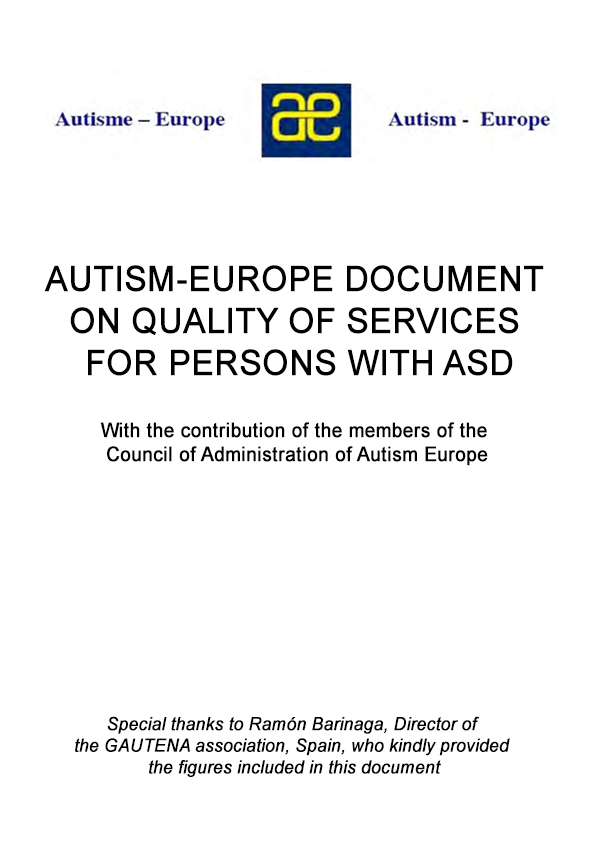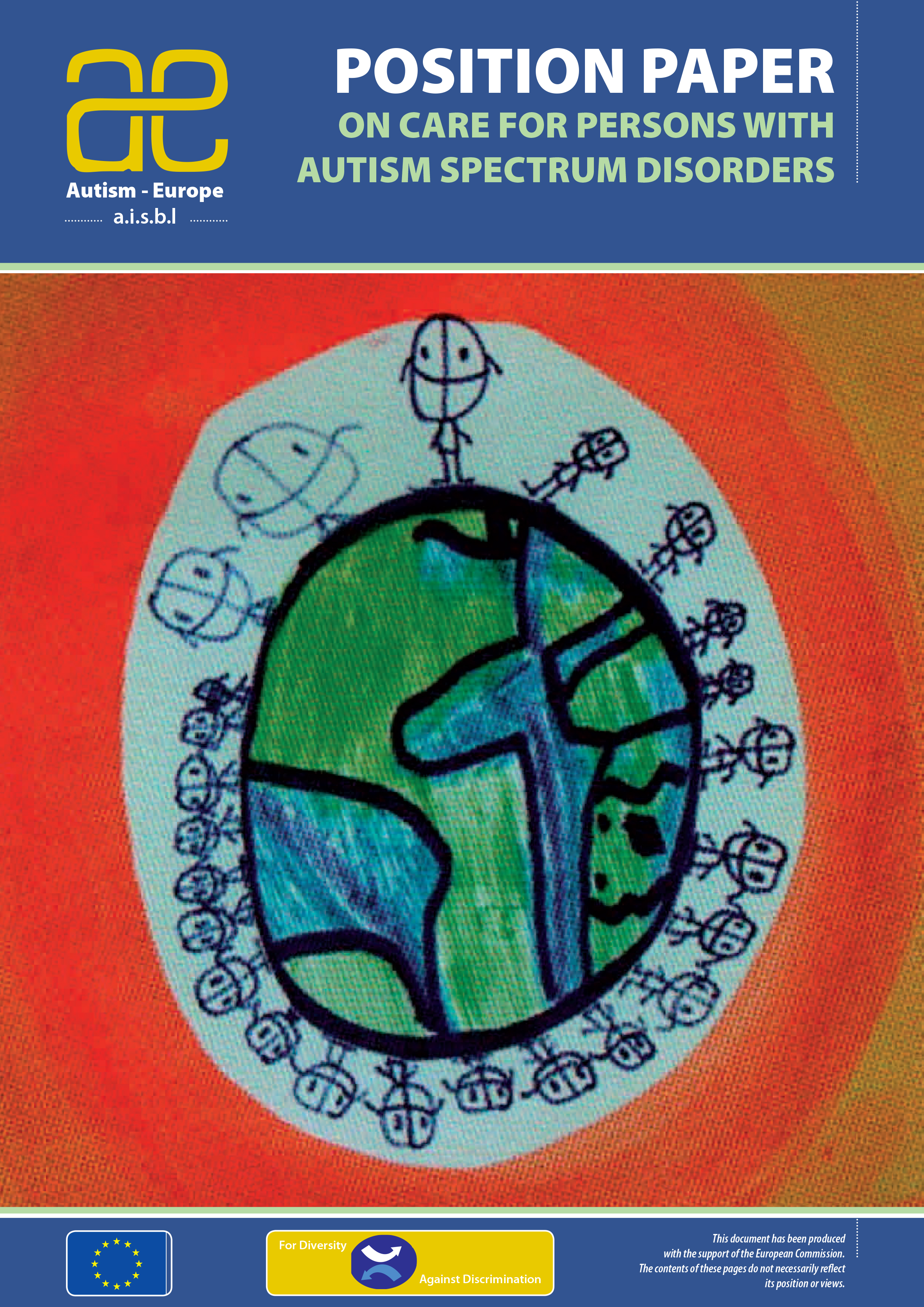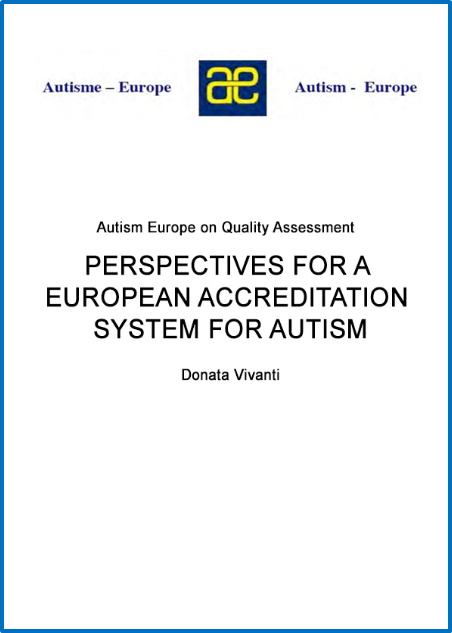
Autism is a spectrum condition. People with autism are all different and have different support needs.
Services must support the development of each individual from early childhood and their social inclusion in the community by providing early intervention programmes followed by lifelong training in functional areas such as communication and behaviour, social, work and leisure skills and personal autonomy. Support from an early age and throughout an autistic person’s life is crucial for providing the tools needed to live as independently as possibly within the community.
Key to improving the quality of life of people on the autism spectrum is ensuring that a person is diagnosed early on so that his/her specific needs are recognised and subsequent support services can adapt accordingly. Providing quality services requires ensuring that the individual is supported consistently throughout their life, with particular focus on offering assistance during the transitional periods of life that can prove particularly complicated for someone with autism: starting school, entering into adulthood and the world of work, ageing and later life.
Under the United Nations Convention on the Rights of Persons with Disabilities, people with autism have the right to high quality services that address their individual needs.
Below, some of Autism-Europe’s publications and resources offer information and guidance on quality of services for people with autism:


